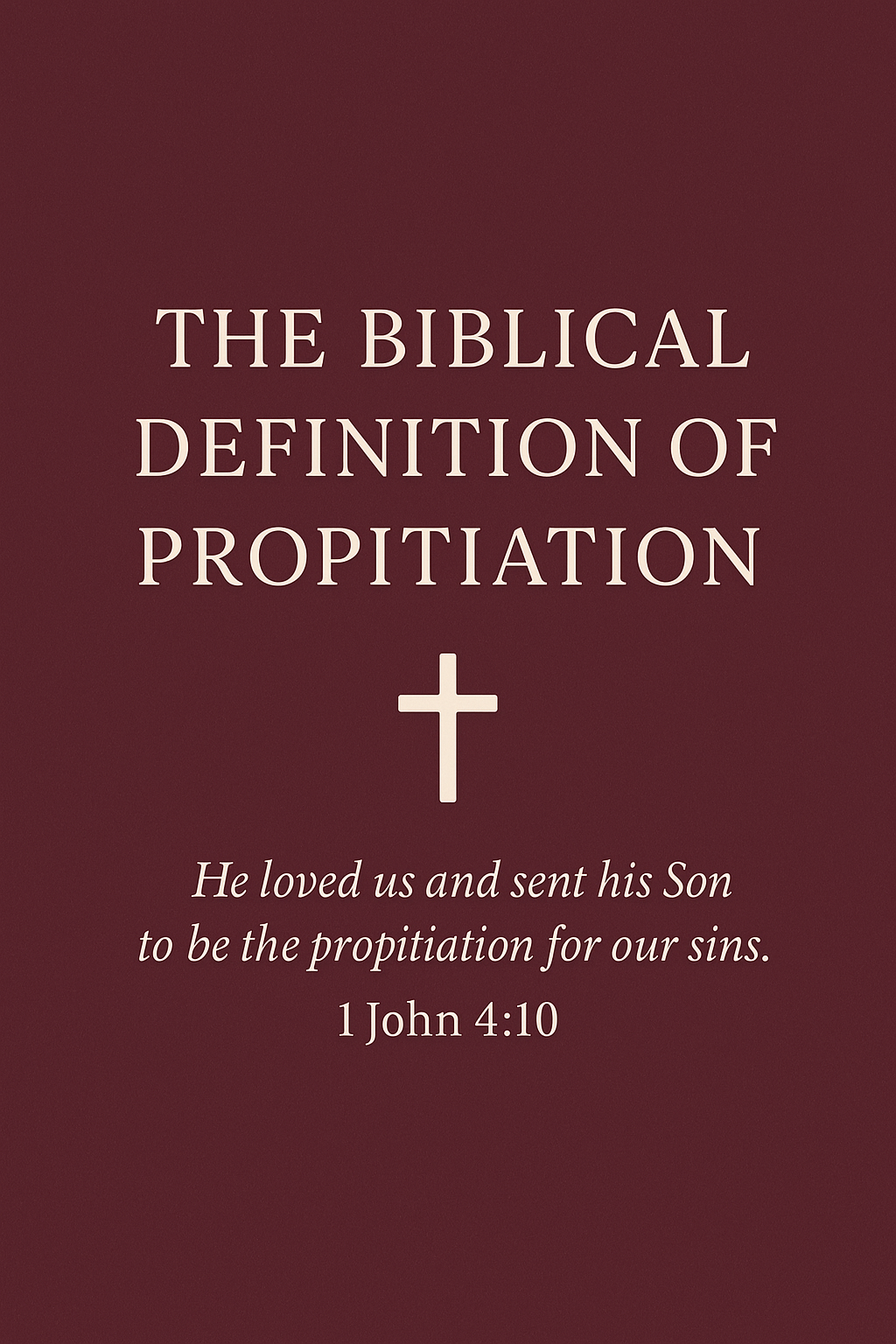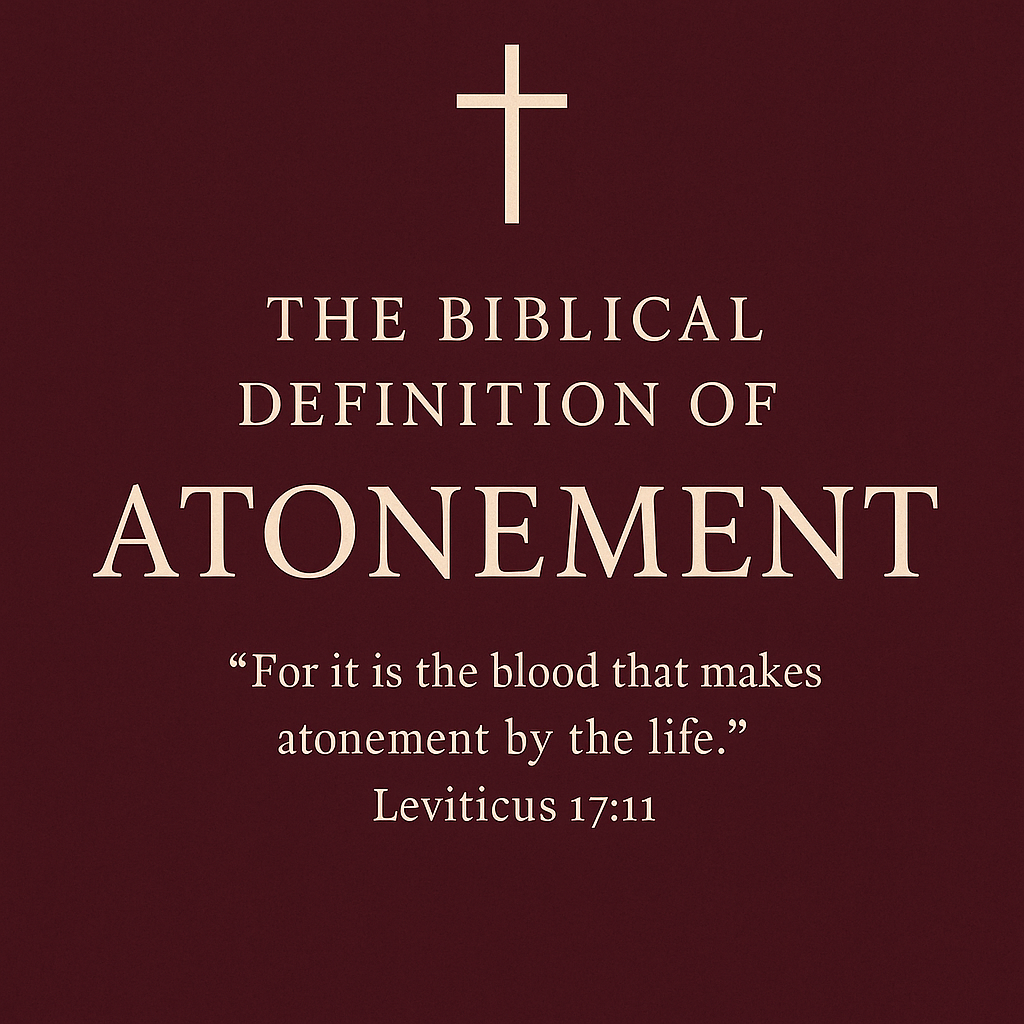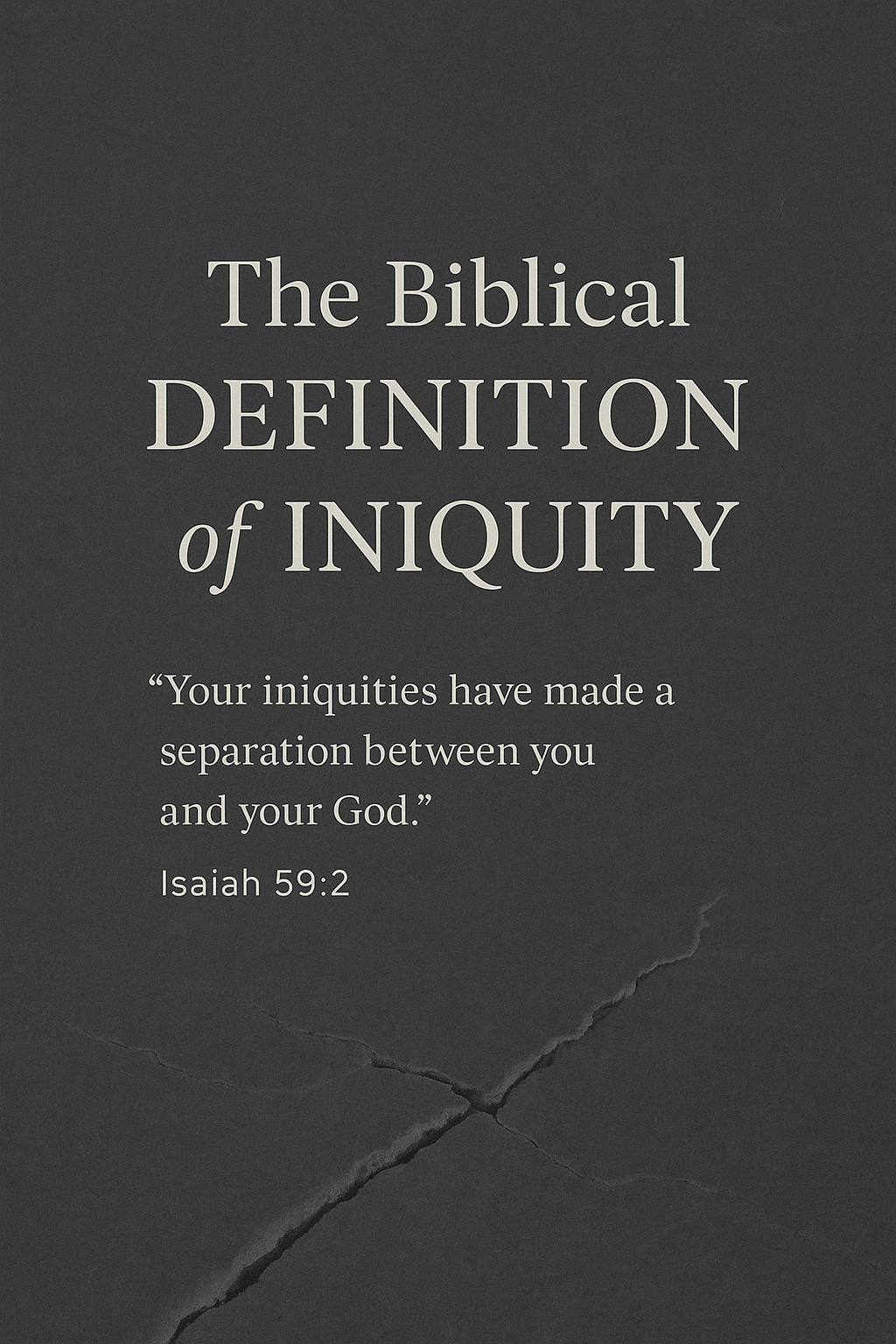Biblical Definition of Wrath: Understanding God’s Justice and Human Anger
The biblical definition of wrath is central to understanding both God’s character and the human condition as depicted in Scripture. Wrath, in biblical terms, refers to intense anger, indignation, or retributive justice, often associated with God's response to sin and disobedience123. This theme runs throughout the Bible, illustrating not only human emotions but, more importantly, the holy and just reaction of God toward evil.
What Is Wrath? A Biblical Perspective
Wrath is commonly defined as a strong emotional response to perceived wrong and injustice. In the Bible, the term is translated from various Hebrew and Greek words, including ‘aph (anger, nostril, face), chemah (heat, rage), and in the New Testament, orge (anger, wrath) and thumos (rage, passion)4. While both God and humans experience wrath, the Bible draws a sharp distinction between the two.
God’s Wrath: Always holy, justified, and rooted in righteousness23.
Human Wrath: Often sinful, capricious, and warned against in Scripture35.
Wrath in the Old Testament
The Old Testament contains over 580 references to God’s anger or wrath, using more than twenty Hebrew words to express the concept4. Divine wrath is most often a response to idolatry, injustice, and persistent disobedience.
Key Examples:
The Plagues of Egypt: God’s wrath is unleashed against Pharaoh for refusing to let Israel go (Exodus 7–12).
Destruction of Sodom and Gomorrah: God’s righteous anger brings judgment on rampant wickedness (Genesis 19:24–25).
Prophetic Warnings: The prophets frequently warn of “the day of the Lord,” a time of wrath against unrepentant nations (Isaiah 13:9, Zephaniah 1:14–15).
“Behold, the day of the LORD comes, cruel, with wrath and fierce anger, to make the land a desolation and to destroy its sinners from it.” (Isaiah 13:9)
God’s wrath in these accounts is never arbitrary. It is a measured, just response to persistent rebellion and evil, always offering a path to repentance123.
Wrath in the New Testament
The New Testament continues the theme, but with a greater focus on the ultimate solution to God’s wrath: Jesus Christ.
Key Teachings:
John 3:36: “Whoever believes in the Son has eternal life; whoever does not obey the Son shall not see life, but the wrath of God remains on him.”
Romans 1:18: “For the wrath of God is revealed from heaven against all ungodliness and unrighteousness of men...”
Romans 5:9: “Since we have now been justified by His blood, how much more shall we be saved from God’s wrath through Him!”
The New Testament teaches that God’s wrath is ultimately poured out on sin, but Jesus, through His sacrificial death, absorbs that wrath for all who trust in Him23. Those who reject Christ, however, remain under God’s righteous judgment.
Distinguishing God’s Wrath from Human Wrath
Scripture is clear that God’s wrath is not like human anger. Human wrath is often impulsive, selfish, and destructive. God’s wrath, by contrast, is:
Righteous: It arises from God’s absolute holiness and justice23.
Measured: It is never capricious or arbitrary.
Redemptive: It often serves to call people to repentance (Ezekiel 18:23, 32).
Final: It will ultimately be revealed in the final judgment (Revelation 20:11–15).
“Wrath is not a pagan idea assigned improperly to God. Scripture has ‘nothing to do with pagan conceptions of a capricious and vindictive deity, inflicting arbitrary punishments on offending worshipers, who must then bribe him back to a good mood by the appropriate offerings.’”2
Theological Implications: Wrath, Love, and Justice
Some struggle to reconcile God’s wrath with His love. However, the Bible presents these attributes as perfectly harmonious. God’s wrath is the necessary response of His holiness to evil and injustice. Without wrath, God would not be just; without love, He would not be merciful24.
God’s Love: Motivates Him to provide a way of escape from wrath (John 3:16).
God’s Justice: Demands that sin be punished (Romans 6:23).
The Cross: Where God’s love and wrath meet—Jesus bears the penalty for sin, satisfying divine justice and offering mercy to sinners (Romans 3:25–26).
Human Wrath: A Warning
While God’s wrath is righteous, human wrath is frequently condemned in Scripture.
Ephesians 4:26: “Be angry and do not sin; do not let the sun go down on your anger.”
Colossians 3:8: “But now you must put them all away: anger, wrath, malice, slander...”
James 1:20: “For the anger of man does not produce the righteousness of God.”
Christians are called to put away wrath, relying on the Holy Spirit to cultivate patience and self-control (Galatians 5:22–23)35.
Practical Application: Why Understanding Wrath Matters
Understanding the biblical definition of wrath is essential for several reasons:
It clarifies God’s character: God is both loving and just. His wrath is not a flaw but a perfection of His holiness.
It underscores the seriousness of sin: Sin is not trivial; it provokes the righteous anger of a holy God.
It highlights the necessity of the gospel: Only through Christ can we escape the coming wrath (1 Thessalonians 1:10).
It motivates holy living: Believers are called to reflect God’s character, forsaking sinful anger and pursuing peace (Romans 12:19).
Frequently Asked Questions
Is God’s wrath compatible with His love?
Yes. God’s wrath is His settled opposition to evil, while His love seeks the redemption of sinners. The cross demonstrates both attributes perfectly23.
Does God still express wrath today?
The Bible teaches that God’s wrath is both present (Romans 1:18) and future (Romans 2:5–8). However, believers in Christ are saved from wrath (Romans 5:9).
How should Christians respond to God’s wrath?
With reverence, gratitude for Christ’s sacrifice, and a commitment to holy living. Christians are called to warn others of coming judgment and to proclaim the hope found in Jesus.
Key Bible Verses on Wrath
Exodus 22:24: God warns of His wrath against oppression.
Psalm 78:56–66: God’s wrath against Israel’s idolatry.
Romans 1:18: God’s wrath revealed against all ungodliness.
John 3:36: God’s wrath remains on those who reject the Son.
Romans 5:9: Believers are saved from God’s wrath through Christ.
Conclusion
The biblical definition of wrath reveals a God who is both holy and loving, just and merciful. His wrath is not arbitrary but a necessary expression of His justice against sin. Through Jesus Christ, God offers a way of escape from wrath, calling all people to repentance and faith. For believers, understanding God’s wrath leads to deeper worship, greater gratitude, and a life marked by holiness and hope.





















